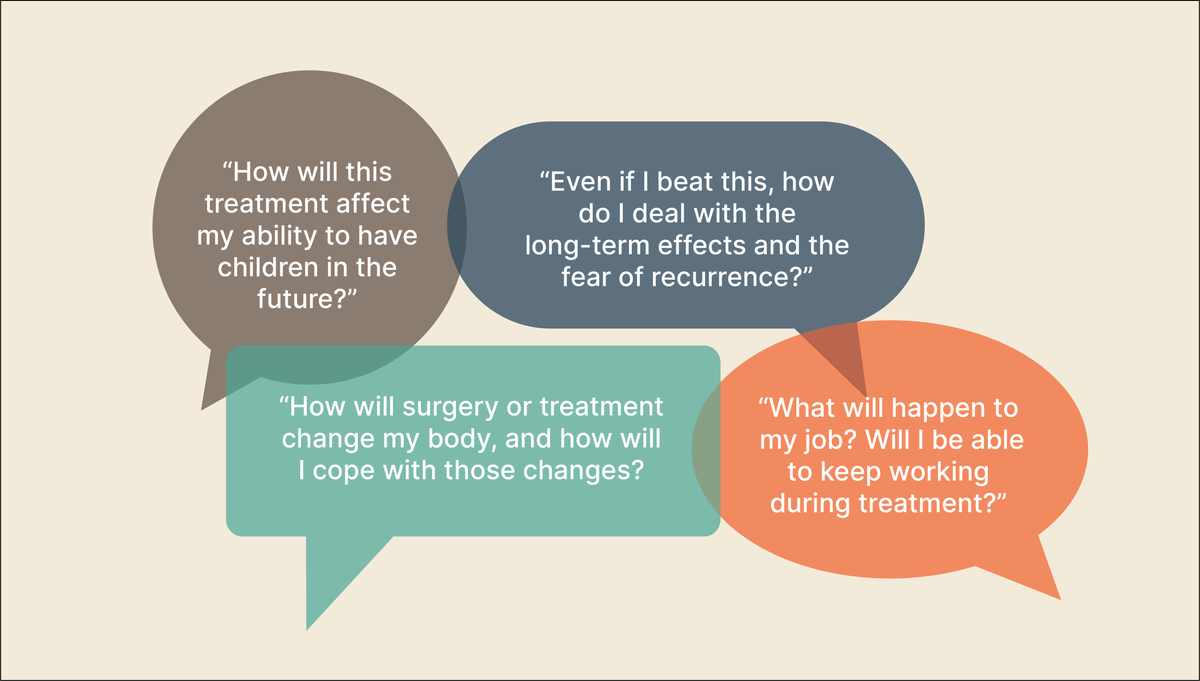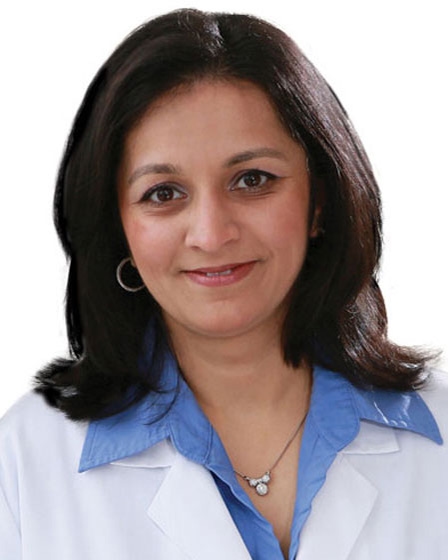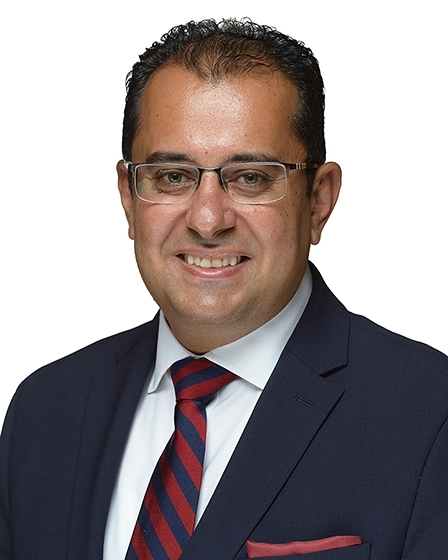Image

Empowering young adults with personalized care, support, and advanced treatment for colorectal cancer
If you’ve been diagnosed with colorectal cancer under the age of 50, you’re not alone.
In recent years, colorectal cancer rates have risen among adults in their 30s and 40s, and even younger. In response, Englewood Health has developed a comprehensive range of services tailored to meet the unique challenges faced by younger adults like you.
Everyone’s experience with cancer is unique, but there are some common concerns expressed by younger people with colorectal cancer.
You can get answers and a path forward through our Young Onset Colorectal Cancer Program.

All patients younger than 50 with colon or rectal cancer will have access to the services or referrals to appropriate experts.
The Young Onset Colorectal Cancer Program is dedicated to empowering young adults to navigate the challenges of cancer treatment and the journey beyond. From diagnosis to survivorship, our program provides personalized, multidisciplinary care, addressing immediate medical needs while supporting long-term health, wellness, and quality of life. We guide patients through every stage of their journey, promoting physical, emotional, and psychological well-being to help them thrive.
Minaxi P. Jhawer, MD, Chief of Hematology/Oncology and Co-director of the Young Onset Colorectal Cancer Program


Individuals at average risk of colon or rectal cancer should begin screening at age 45, with a colonoscopy being the gold standard.
If you have a family history of colon or rectal cancer or a genetic risk, you may need earlier screenings. Talk to your primary care doctor or gastroenterologist to determine the right plan for you.
If you were diagnosed with colon or rectal cancer before age 50, encourage your close family members to discuss screening options with their own doctors. Early detection can make all the difference.
A prescription or referral is required for a colonoscopy. Englewood Health offers colonoscopies at our main hospital campus in Englewood, providing expert care close to home.
Colorectal cancer is increasingly being diagnosed in young adults:
The reasons behind this trend remain unclear, but genetics, lifestyle, diet, antibiotic use, and environmental factors are thought to play a role. Unfortunately, young adults often experience delayed diagnoses due to the misconception that colorectal cancer primarily affects older individuals. Early detection is critical—persistent changes in bowel habits, rectal bleeding, anemia, abdominal pain, or unexplained weight loss should never be ignored.
Too many younger adults are getting diagnosed with colon or rectal cancer. The increase in cases among this population calls for a rethinking of how we deliver care and support patients and their families. The Lefcourt Family Cancer Treatment and Wellness Center welcomes patients—wherever they are in their journey—for a consultation to discuss treatment options.
Michael Marco, MD, Colorectal Surgeon and Co-director of the Young Onset Colorectal Cancer Program

All patients younger than 50 with colon or rectal cancer will have access to the services or referrals to appropriate experts.
Whether you are newly diagnosed or are already under treatment, we invite you to reach out to learn more about our program and how we can help you.
Contact us through this form below and our patient navigation team will follow up with you.